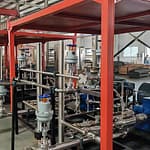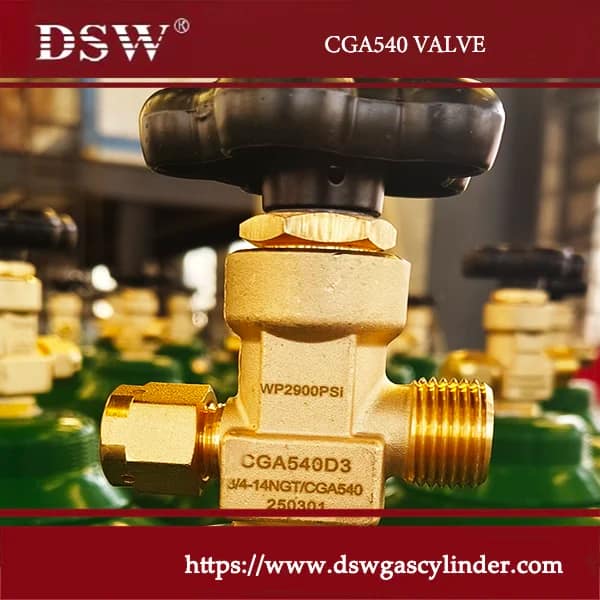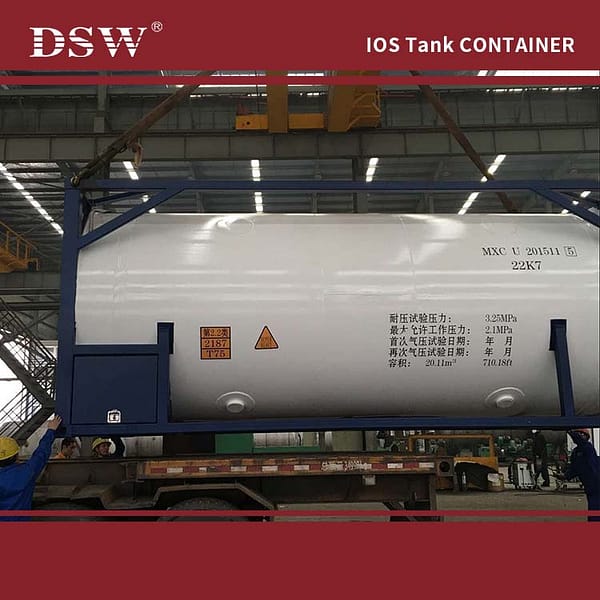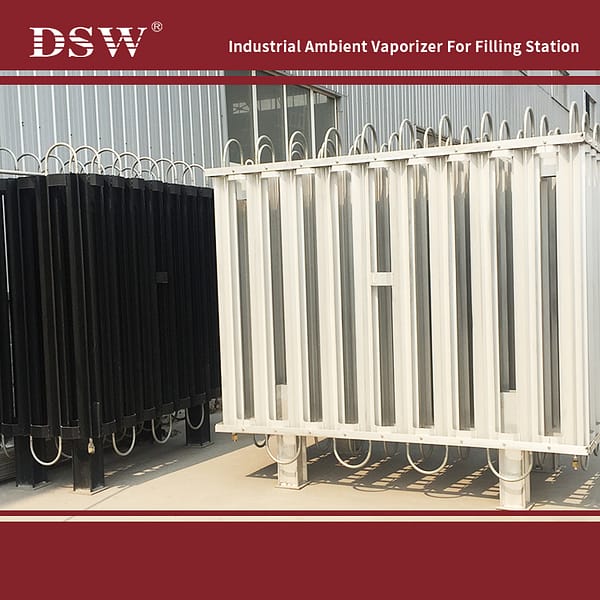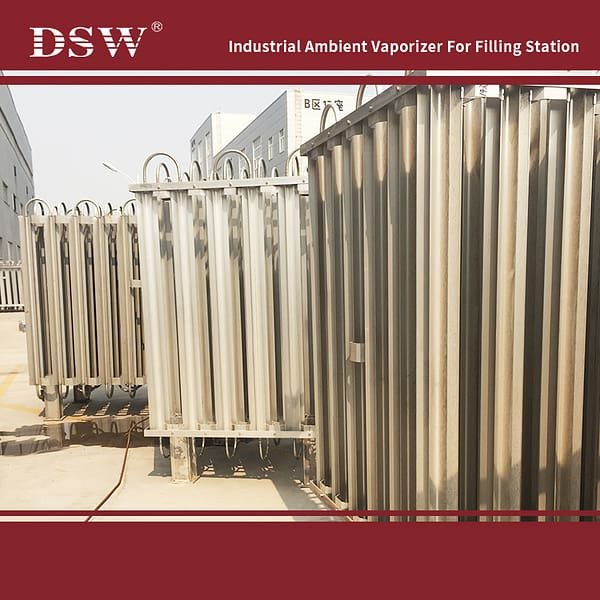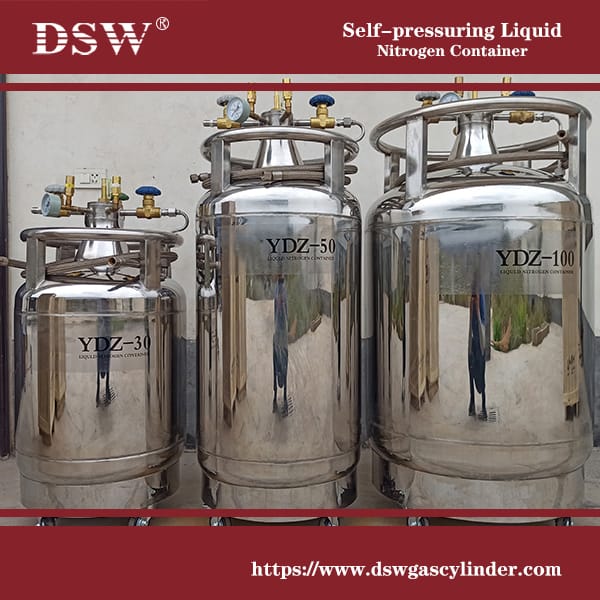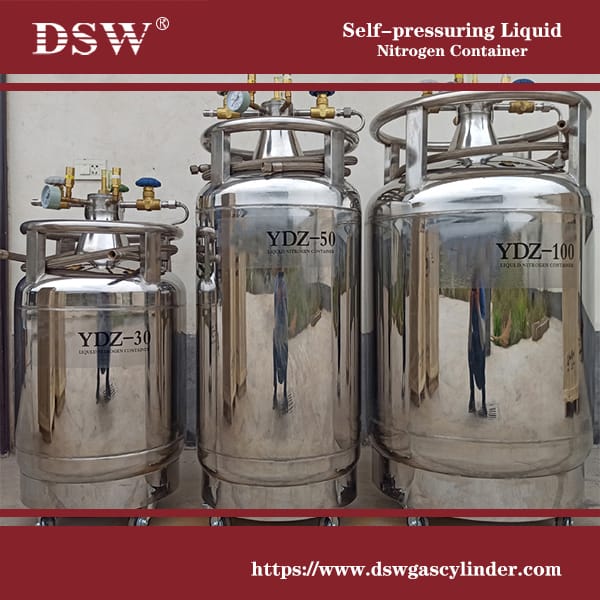Ambient Air Vaporizers
DSW offers a comprehensive range of ambient air vaporizers, utilizing ambient air heat to vaporize liquid gases efficiently.
Our vaporizers are designed to meet diverse application needs, ensuring optimal performance and preventing low-temperature gases from entering the product pipeline.
We design and manufacture cryogenic vaporizers in various sizes to meet your specific flow requirements.
Features
Efficient conversion of cryogenic liquids to gases at ambient temperatures.
Compact design for easy installation and integration into existing systems.
High reliability and safety with built-in pressure relief valves.
Low maintenance requirements for cost-effective operation.
Compatibility with various cryogenic liquids such as oxygen, nitrogen, argon, and LNG.
Available in different sizes and capacities to suit specific application needs.
Technical Data Of Ambient Air Vaporizer
| Item Number | Working Medium | Design Pressure ( Mpa) | Working Pressure (Mpa) | Design Temperature | Heat Exchange Area |
| AV50/3.0 | Liquid Oxygen, Liquid Argon, Liquid Nitrogen | 3.3 | 3.0 | -196 to 50 degree | 12.5m2 |

DSW™ ambient air vaporizers have become the industry standard, and Supergap vaporizers use natural air convection to vaporize liquefied gases.

Air Heat Exchanger for Liquid Gas
Converting Cryogenic Liquids to Gas
The liquid must be transformed into gas to use gases from a bulk cryogenic vessel. Cryogenic liquids are converted to a gaseous state utilizing a vaporizer, such as the one illustrated.
While steam and electric vaporizers are occasionally used, the most widely employed vaporizers obtain heat from the surrounding air.
The most common type of vaporizer is the ambient finned tube vaporizer.
The fins absorb the warm ambient air and transfer the heat to the cryogenic liquid flowing in the tube. The heat transfer converts the liquid into a gas.

Advantages
DSW’s Ambient Vaporizers have aluminium cooling fins for heat exchange and can be connected to increase vaporizing capacity.
For more flexibility, VAP units can be interconnected with standard (universal) inputs & outputs (flanges). Continuous flow is guaranteed 24 hours a day using several units geared with a manual or automatic switching system (valves).
High Performance
DSW offers a maximum heat exchange surface with its patented cooling fins system.
Versatility
DSW designs & engineers the overall flow capacity (between 70m³/h to 1500Nm³/h at 20°C). Vaporization in simple or dual phase (liquid + gas)

